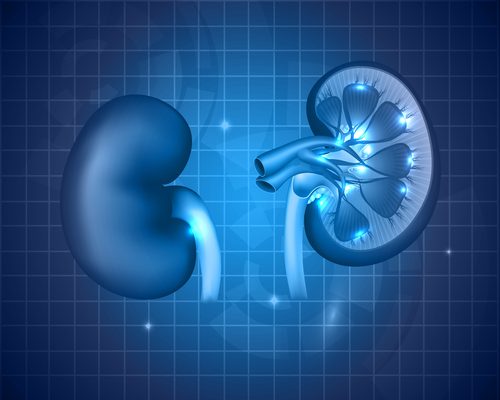
Not to be confused with nephology, the meteorological study of clouds, nephrology is a branch of medicine focused on kidney health and damage prevention. Kidney disease is known as “a silent killer,” and nephrologists typically work to maintain healthy kidney functionality within a patient’s age range. When the kidneys can no longer sufficiently cleanse the blood, nephrologists employ an artificial method of removing impurities and waste, known as dialysis.
Simply put, nephrologists are kidney doctors. The kidneys also play such an important role in cleansing the blood that this special group of doctors undergoes additional training to comprehensively understand the outlook for individuals with kidney damage.
In practice, nephrologists rely heavily on urinalysis, or urine analysis, to detect signs of disease and declining health. Per Wikipedia, they also look for “blood in the urine (haematuria), protein in the urine (proteinuria), pus cells in the urine (pyuria) or cancer cells in the urine.”
According to Wikipedia, “Nephrologists may provide care to people without kidney problems and may work in general/internal medicine, transplant medicine, immunosuppression management, intensive care medicine, clinical pharmacology, perioperative medicine, or pediatric nephrology.”
Because poor kidney functionality can cause a wide range of chronic illnesses, Nephrology specialists, or nephrologists, recommend a number of proactive measures to prevent kidney damage. Learn more about these preventative measures on our “What causes kidney disease?” blog post.
End-stage renal disease (ESRD) is the final stage of chronic kidney disease. It usually occurs after years of health problems like high blood pressure or diabetes. When the kidneys are no longer able to function and meet the body’s needs, end-stage renal disease sets in. ESRD may involve a kidney transplant for individuals who are healthy enough for a transplant.
“The National Kidney Foundation is the leading organization in the U.S. dedicated to the awareness, prevention and treatment of kidney disease for hundreds of thousands of healthcare professionals, millions of patients and their families, and tens of millions of Americans at risk.” Their website is also an excellent kidney disease knowledge resource for those who are unfamiliar with the disease or are looking for proactive, preventative health measures.
A truly philanthropic organization, the American Kidney Fund has assisted 1 out of every 5 kidney dialysis patients with health insurance premiums, transportation costs, & prescription medications since 1971.
“The American Association of Kidney Patients is dedicated to improving the quality of life for kidney patients through education, advocacy and the fostering of patient communities.” Active on social media and in Washington, D.C., this organization is particularly known for their advocacy and outreach efforts. Additionally, you can stay connected online and help make a difference in the kidney community.
At OCRC, we work closely with the FDA and pharmaceutical companies to determine how chronic kidney disease affects they way the body processes medication. We are currently looking for participants for our Kidney disease study.
Volunteer qualifications include:
